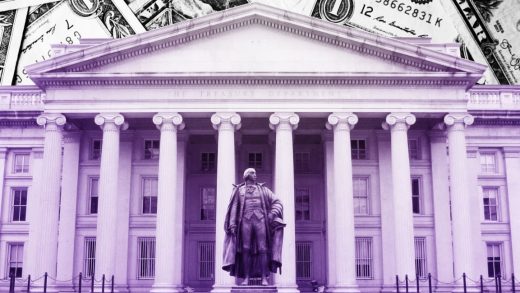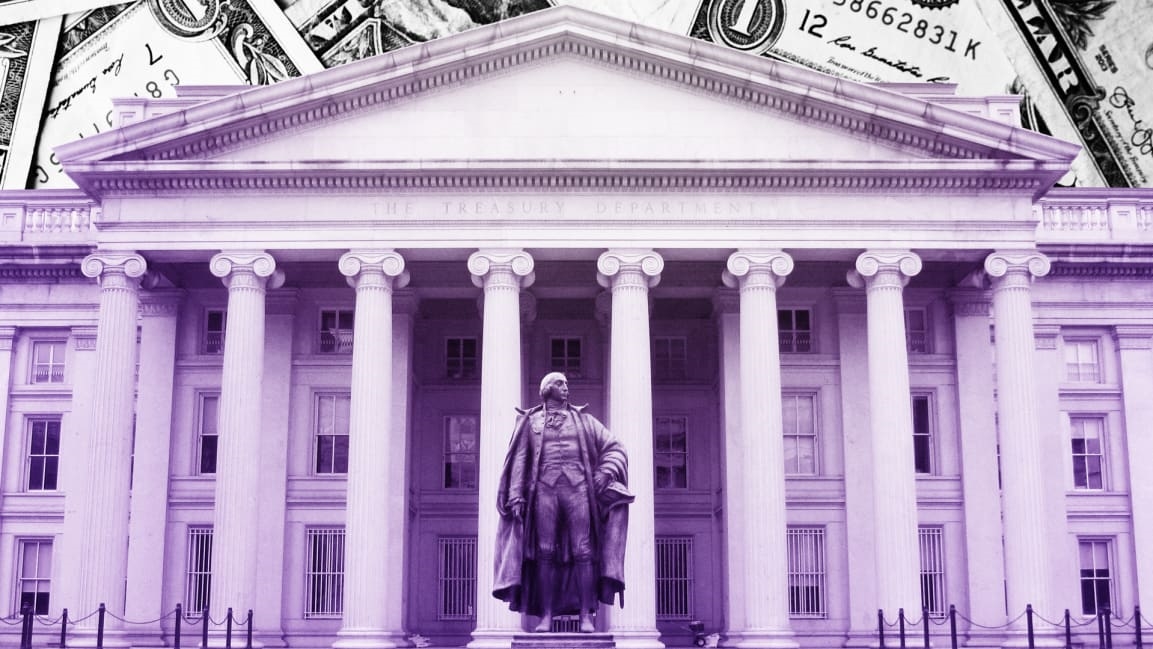Paycheck Protection Program: Bank regulators want to talk about fraud identification
Federal bank regulators are holding a series of “listening sessions” to better understand some potential issues, including fraud, that might have arisen in connection with the Paycheck Protection Program—the loan program approved by Congress last month to help small businesses affected by the coronavirus pandemic.
The program, administered by the Small Business Administration, has already been depleted of its initial allocation of $349 billion, and many would-be applicants have complained that they were either unable to find a lender or unsuccessful in getting their applications processed. The program’s rollout was frenzied and glitch-ridden, with lenders blindsided by a flood of applications.
Now the Office of the Comptroller of the Currency, an independent bureau within the U.S. Treasury, is asking banks to weigh in on how the process could be improved. Its listening sessions will focus on three specific areas—payroll verification, fraud identification, and backend processes—and discuss potential solutions with stakeholders, including banks and fintech firms. The first session, on payroll verification, took place this week. The second two will take place on April 20 and 21.
The issue of fraud identification is likely to be the subject of increased focus given the disorganized nature of the application rollout, and considering that similar federal relief programs—like the one passed for victims of Hurricane Sandy—have seen their share of fraudsters.
One specific type of potential fraud mentioned by the OCC is “loan stacking,” or an applicant receiving PPP loans from multiple lenders. Earlier this week, the SBA said more than 4,600 lenders had approved PPP loans. The average loan size was approximately $239,ooo, the agency said.
The OCC is asking banks interested in participating in the listening sessions to contact the office via email.
(28)



